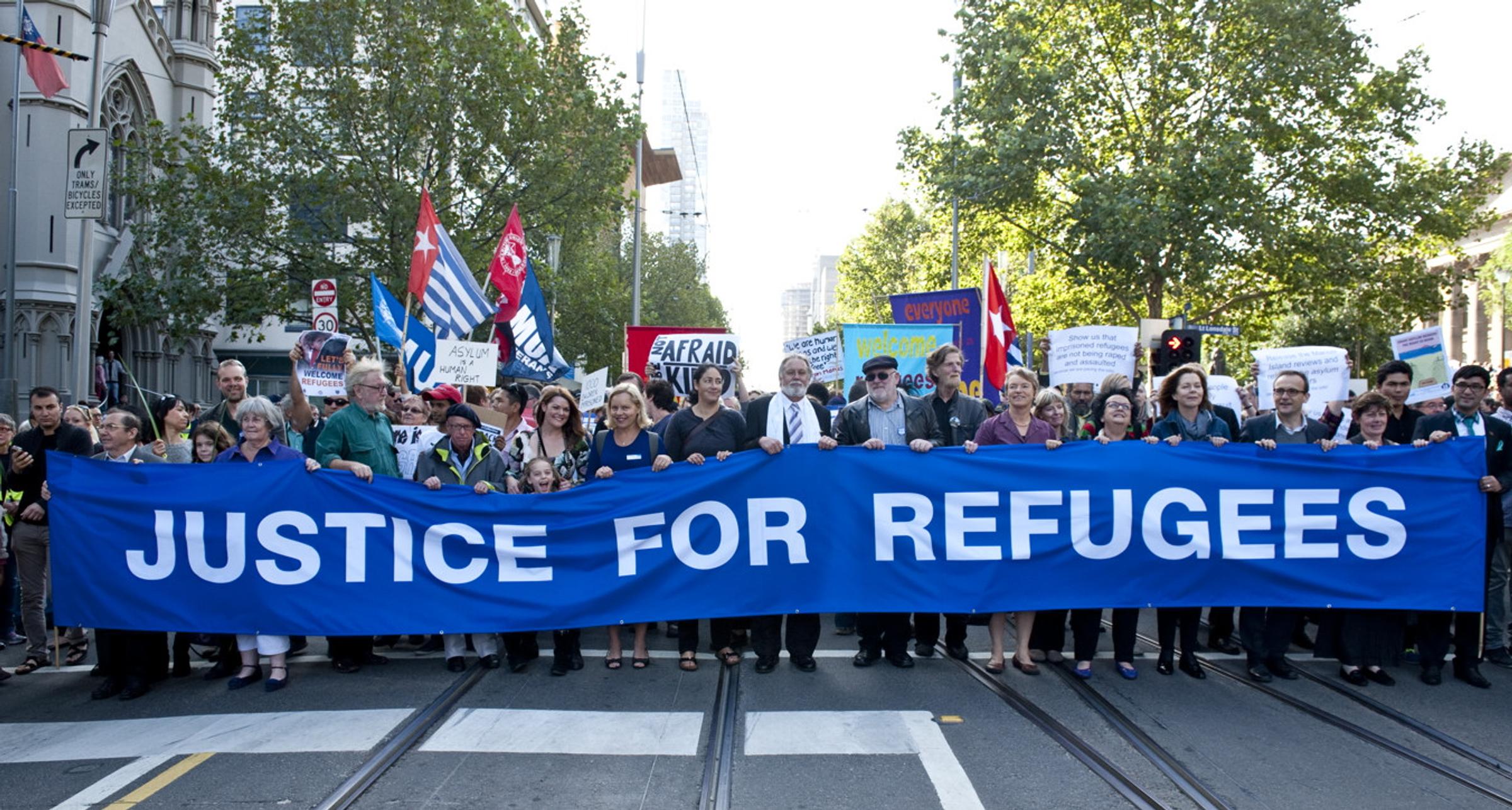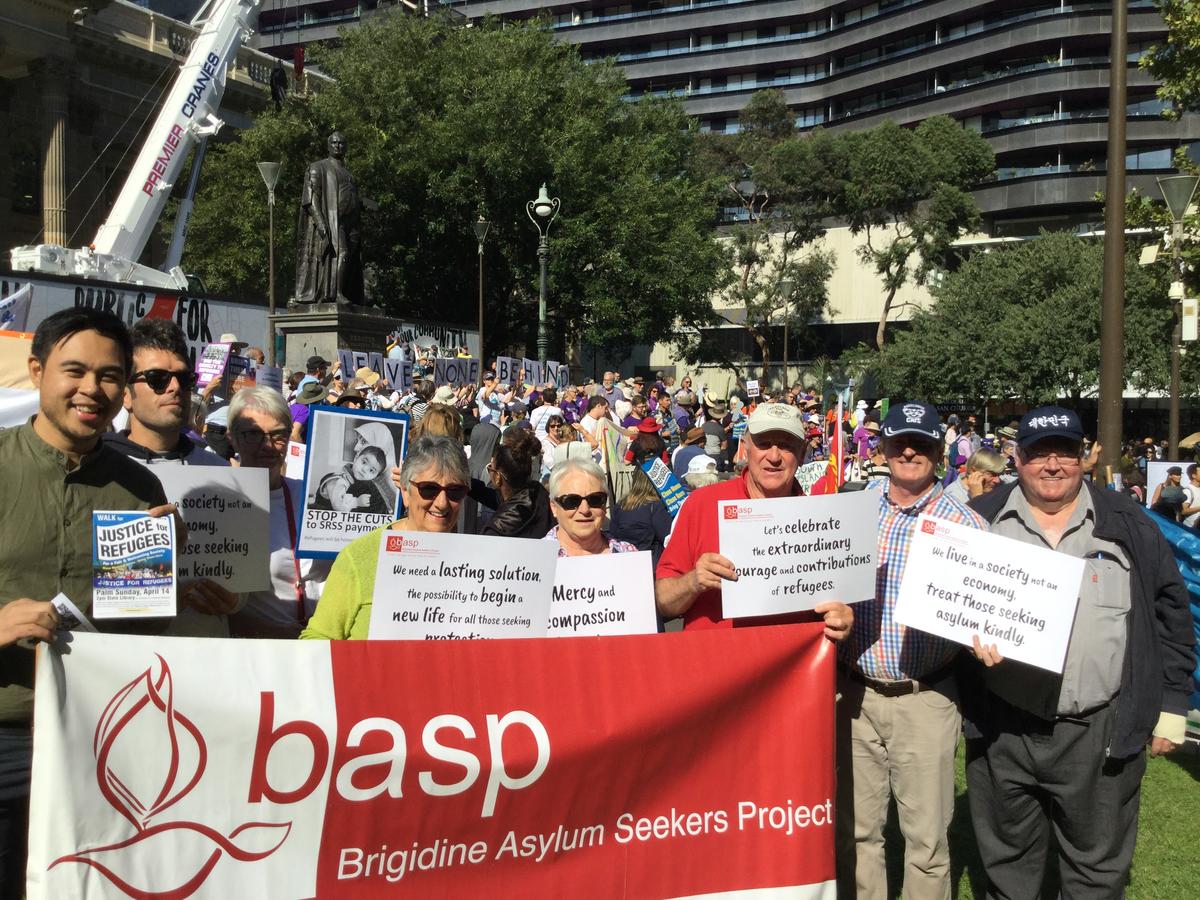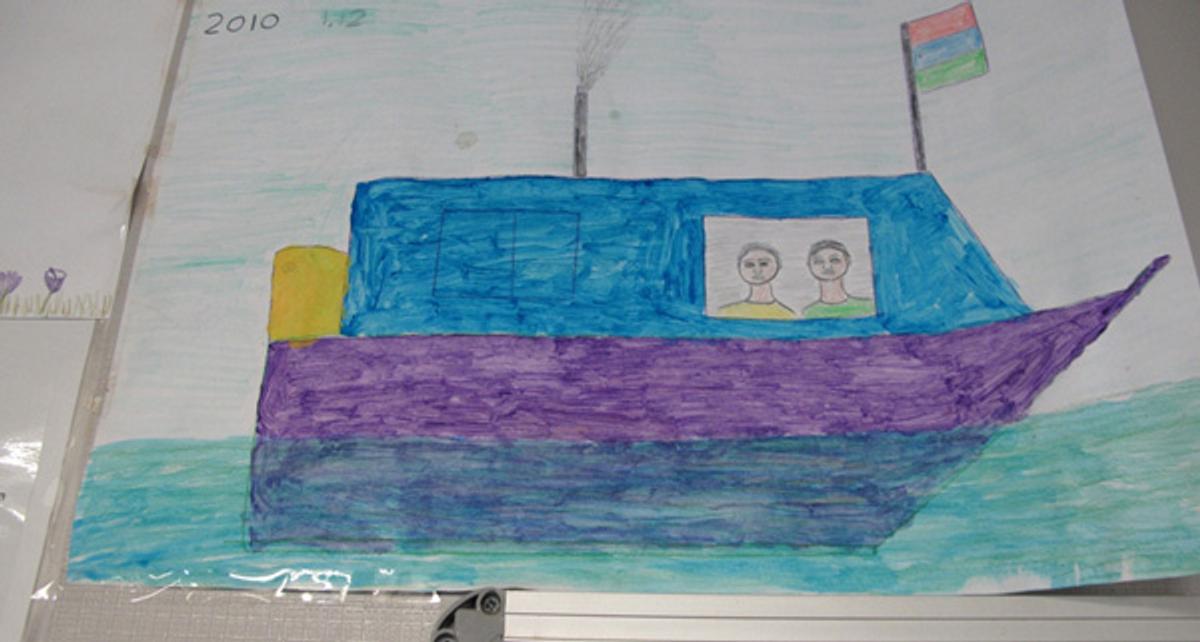Compassion at Brigidine Asylum Seekers Project (BASP)

Living compassion
Ahmed (not his real name), a 28 year old Hasara man from Afghanistan, arrived on a boat in Australia in 2012. He was 17 at the time. He was with quite a large number of Hasaras many also under 18. The Immigration department allocated a migration agent to apply for protection in Australia. That migration agent was totally inept. All of the others on that boat that Ahmed knows of have since got Permanent Protection and some are citizens. He is the only one who appears to have lost his case at every point. He currently has no visa, no right to work or Medicare. He is a gentle young man and recently made a decision to end a relationship he had with a young woman because it wasn’t fair to ask her to wait for his situation to change.
Ahmed has been beset by the tragedy of war and discrimination on ethnic grounds. He lost his father, his uncle, and a brother – all killed by the Taliban.
BASP can support Ahmed with rent and some emergency relief money – and he reluctantly accepts the help. What more should we do?
We are challenged to pursue justice for individuals and groups of people seeking refuge - while acting with compassion and kindness. Compassion calls us to empathise or sympathise with people like Ahmed. Kindness asks what we can do to alleviate his suffering – often enough just giving time to listen to him.
Kindness is the practical expression of compassion, and the ministry of kindness is surely to be prized. When we experience kindness our pain lessens, our burdens lighten, and our courage is kindled. If our mindset is compassionate, we will respond with kindness whenever it is possible. But always we need to do as much as we can to ensure that those who can make changes to an unjust situation do so. Ahmed longs to be able to truthfully tell his mother he is alright.
If we at BASP were to concentrate only on the care of the men and women who come to us—as important as that is—we’d in essence be covering up with gentle images and nourishing care the extraordinary injustice that’s brought them here, covering up the structures that privilege us and make life so difficult for them.
Ultimately true compassion and true justice can’t be separated. When we know the structures of injustice with which our people have had to struggle, we know them at a much deeper level. We’re able to listen better and be more present. True compassion includes justice; true justice is anchored in compassion.
Brigid Arthur csb



